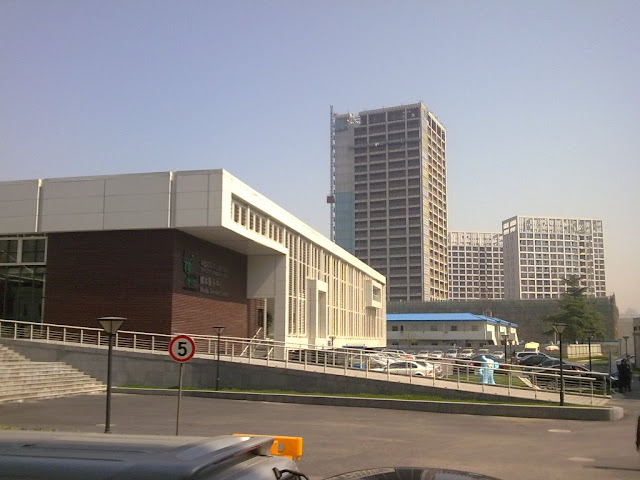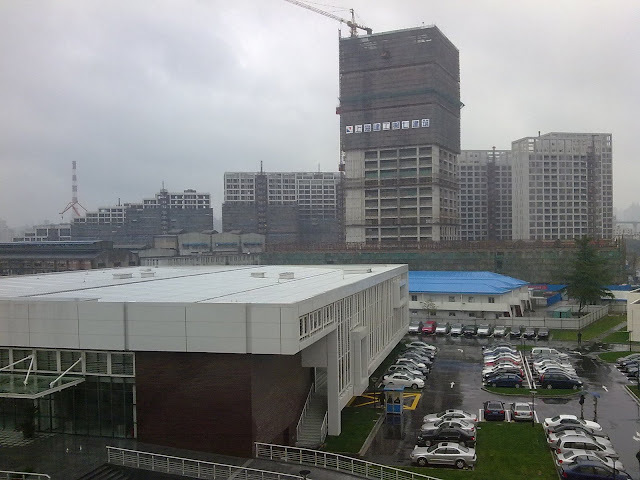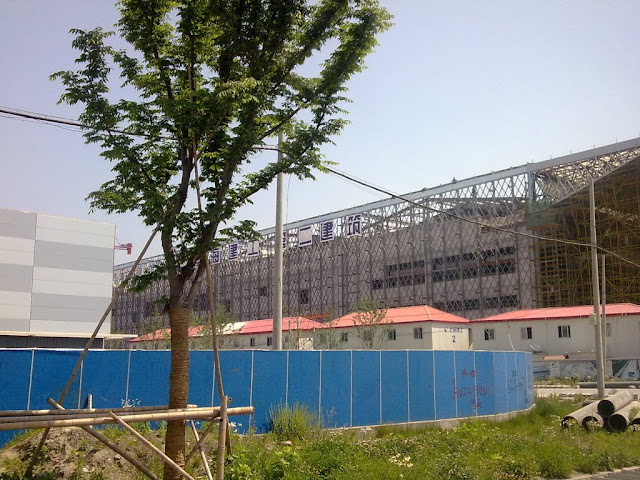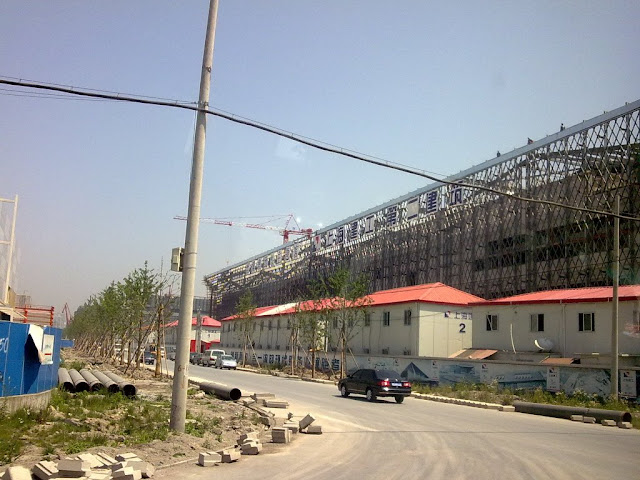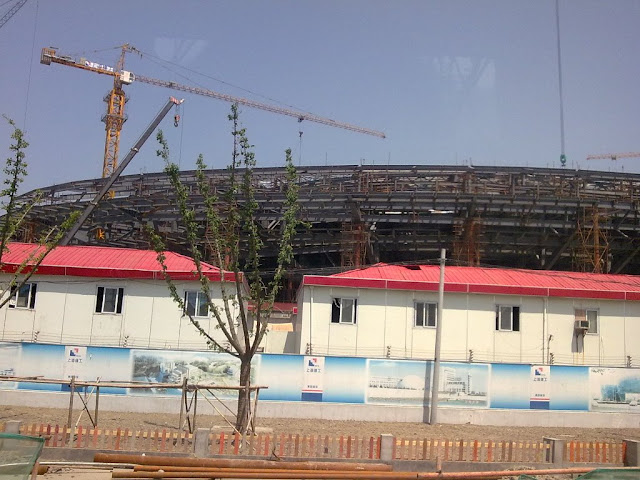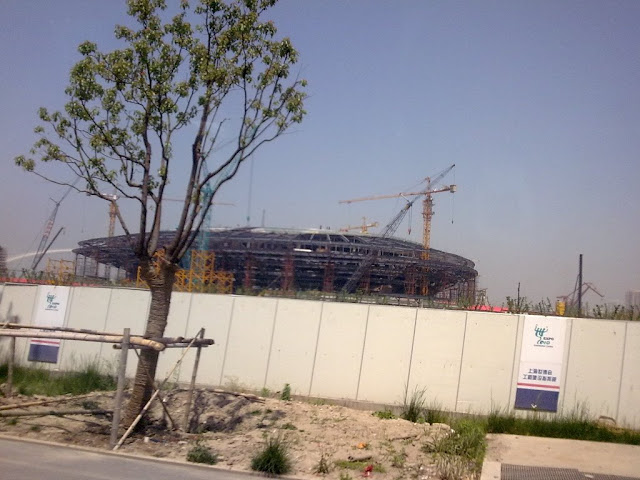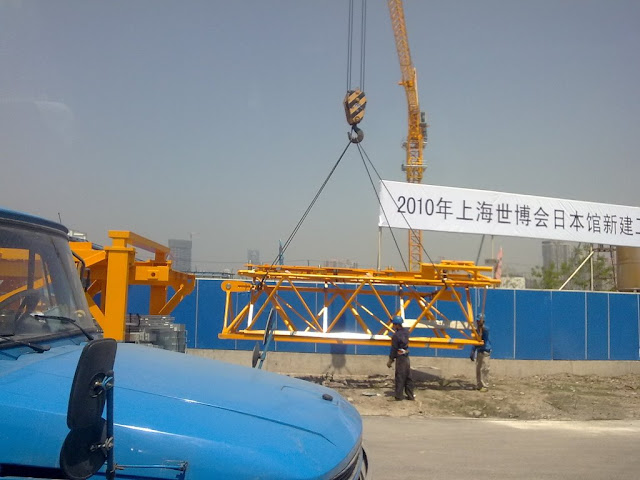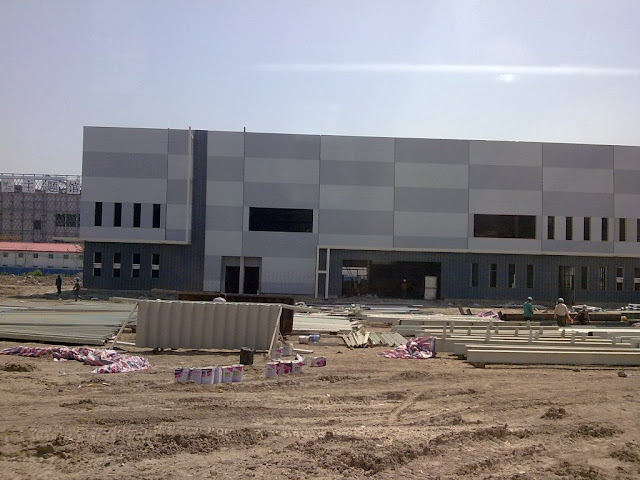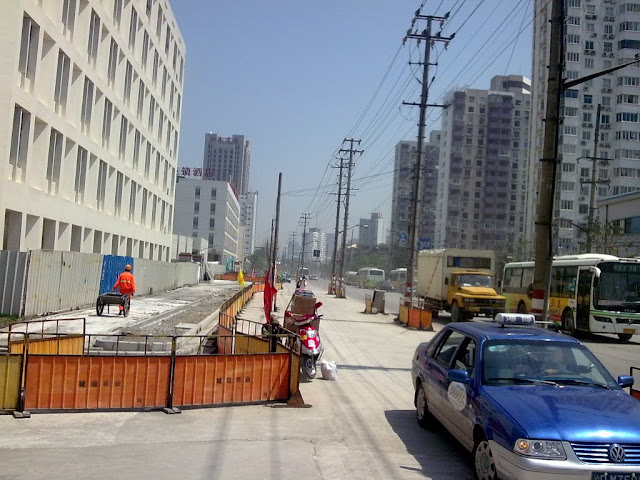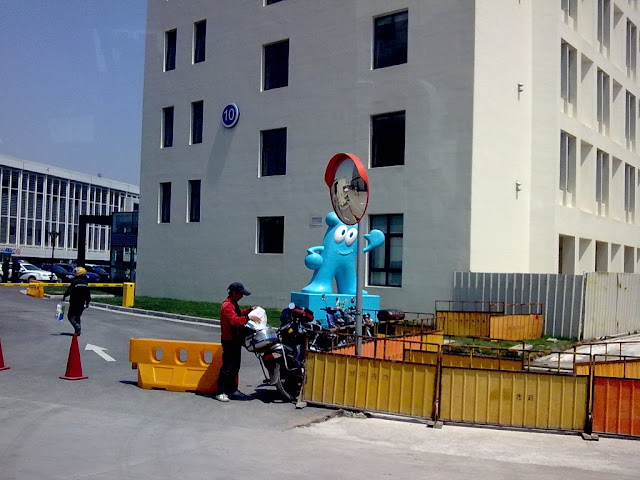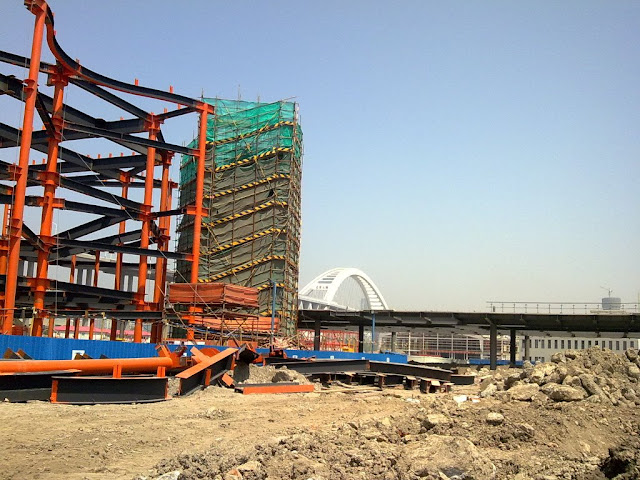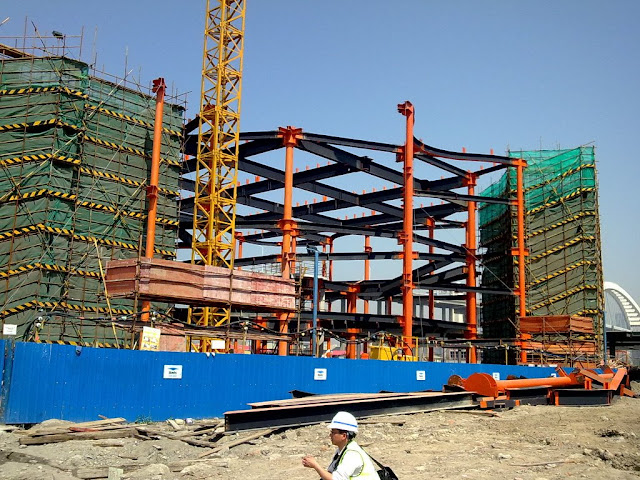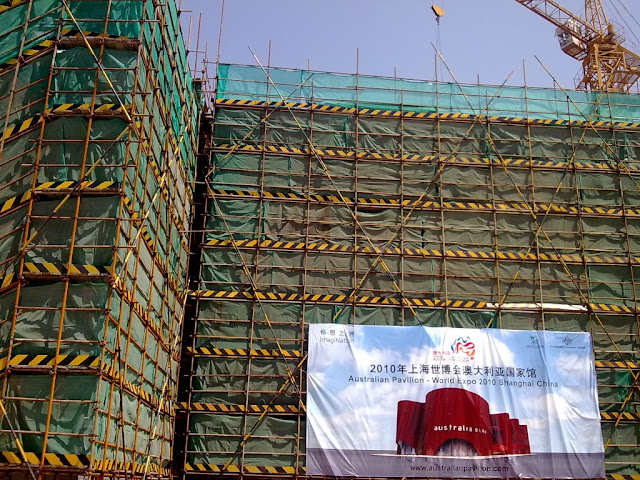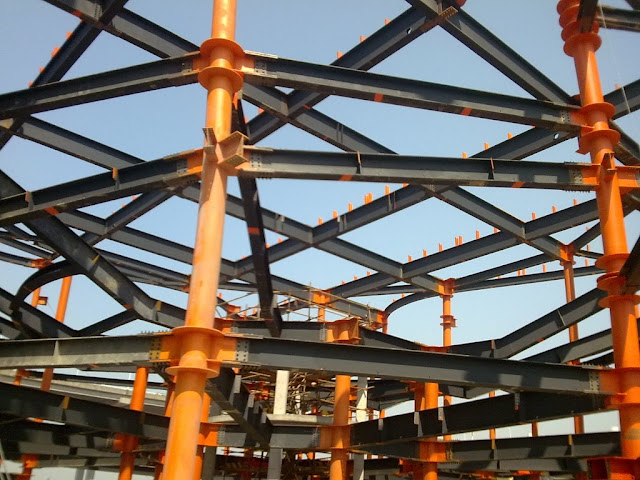This is a series of articles on education in Shanghai (I tried to avoid big topics like Education in China:
Worry about Yifan’s Education and
Worry about Yifan’s Education – Part II
Is China Changeable?
Chinese or International Eduction?
University Education = Hukou in China
Schools Conducted by Gaokao
Hijacked Education by Scientists
After I talked about the choice between Chinese and International Education, let me dive into details about how the current educational system, and why it has failed.
This is a pretty complicated issue. Let me start with an article about how the University Education is bound to Hukou system, so my readers outside China have a sense of why people want university education so much (seems much more motivated than other countries). Let me tell you, it is not just education itself.
After this article, I will continue to write about how the pressure pass all the way from College Entrance Exams down to middle school, to primary school, and further down to every kids in China.
Then, I will try to answer the question, why this happens and how the Chinese education system actually fails.
The University Education is Bound to Hukou
I hope it will change in near future (and I have seen the positive move toward this direction), but till today, the university education in China means much more than most people outside the system thinks.
China has a Hukou system, or residential permit, a system to bind a person to the land and do not allow people to relocate easily. You can read more about it in my previous article about Hukou System in China. To put it in simple sentence, your Hukou follows your parents. It does not matter where the kid is born. Even the kid is born in Shanghai, if the parents have Hukou of a village, the kid also have to register back to the village, which may be thousands of miles away.
Is Hukou important? Although it is not as important as before, it is still pretty important. You don’t have medical insurance, or social insurance, and most of the benefit the city offers to its citizen. A typical example of this weird situation is that someone who live in Shanghai for 10 years still needs to get back to the place where he came from to get a passport, or do most of the government related tasks.
Is there anyway to get Hukou in another city? Very hard, if not impossible. You can think of Hukou as a green card for US. Some research shows that the criteria to “immigrate” to Shanghai is higher than to immigrate to Canada. Most people cannot get it.
Village Hukou vs City Hukou
To make the situation even worse, inhumanity, and confusing, there are basically two types of Hukou – the Village Hukou, or the City Hukou. If you have a Village Hukou, it is like a sticker that follows you all your life time, and passes down to your child, and grandchild… not a big chance to remove it. So what is the difference? Huge difference. Village Hukou can own farm land, but don’t have most of the social benefit like medical and social insurance as the people in city has. That is an area the government is working on.
Before the situation change, people has village Hukou always wanted to have a city Hukou (at least at the time I went to university).
The only feasible way (if not the only one) is to get to a university first. A university admission a first step to change people’s identify. If you lose the chance when you are 18 years old, you almost lose the chance forever.
The Struggle to Get a Hukou
Even though you complete university education, only a limited number of people can get a local Hukou. It is less than 10% I guess. I got it partly because I signed labor contract with big companies like Microsoft, and they have quota to be allocated to you – one of the criteria you must meet to get a local Hukou.
Although university education is just one step to get closer to the Hukou you need, it is already a big step.
OK. Enough about the complicated process, but I just want to tell a simple fact: To get to university is much more than the university education itself. The improper analogy is, it is just like studying aboard is one of the easiest steps to get a green card or other type of permanent resident status of another country, university education is the same for people in China, if they want to change the permanent sticker on their body. The difference is, it is way much harder.
Example: I have a remote relative who tried 7 years to repeat to take the College Entrance Exam, before his final fail to get to university. Do you really believe a young man want to spend 7 years to read the same textbook just to get a higher education? He is trying to get a ticket to legal stay in a city in China. It is a ticket for his health care, job, house, and his children. He is not the rare case before the gates of universities in China.
China is a very diversified country with the mixture of the richest group of people, and the poorest people in this world. What a city or village can give an individual is widely diverse.
Meanwhile, urbanization is shaping the face of this country so fast, and more and more people lose their land and start to move to cities, and smaller cities becomes bigger cities, and more and more people from smaller cities rush into bigger cities. Hukou is the barrier, and education is the way out.
College Entrance Exam Shapes the Chinese Educational System
By understanding the importance university admission is to most of people in China, you may start to understand why the entrance exam, or Gaokao is.
In China, the National College Entrance Examination, or Gaokao, was named as the conductor of the whole educational system, especially the schools before university. If you can imagine the faculties and students in the tens of thousands of schools as members of an orchestra, the Gaokao is, maybe, the only conductor that tells what they should do.
If you criticize the middle school (specially the three years before Gaokao) are short sighted and only train the students to pass a single exam, and don’t care about anything else, I would agree, but for many teachers, parents, and students, nothing is more important than passing the exam and get a chance to get a Hukou if they don’t have the preferred status already. Very sadly, stuff they abandon may include happiness, health (look at the thick glasses, and heave school bags), morality, and many other critical things a person needs.
My father told me three years before my Gaokao: “Gaokao offers a ticket to the stage where you can perform. If you don’t get the ticket, it does not matter how good you are.”
To be continued
